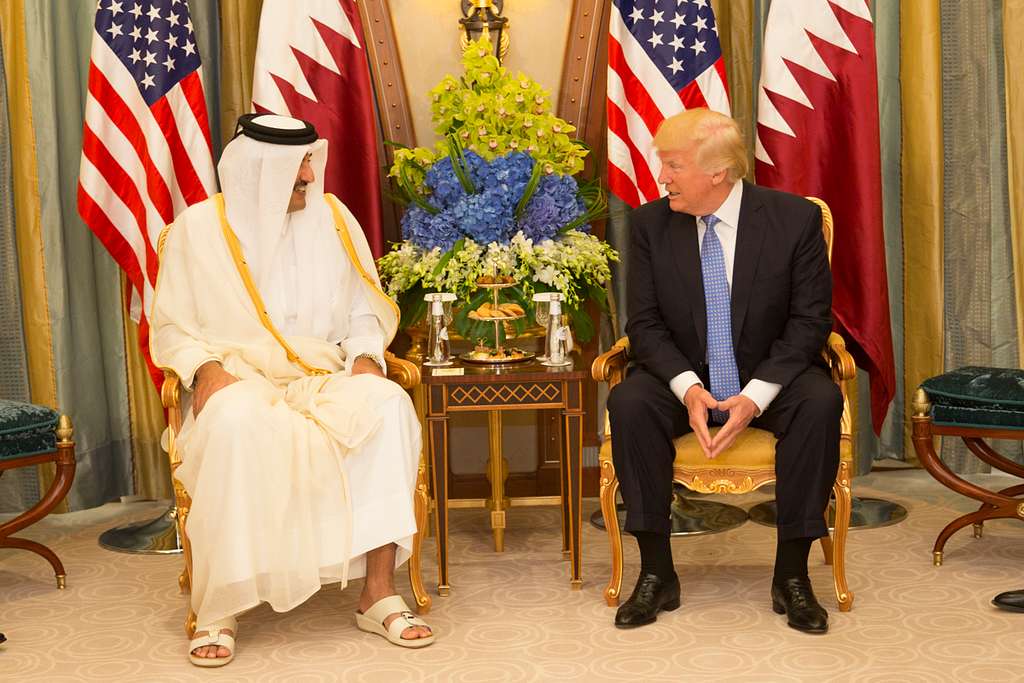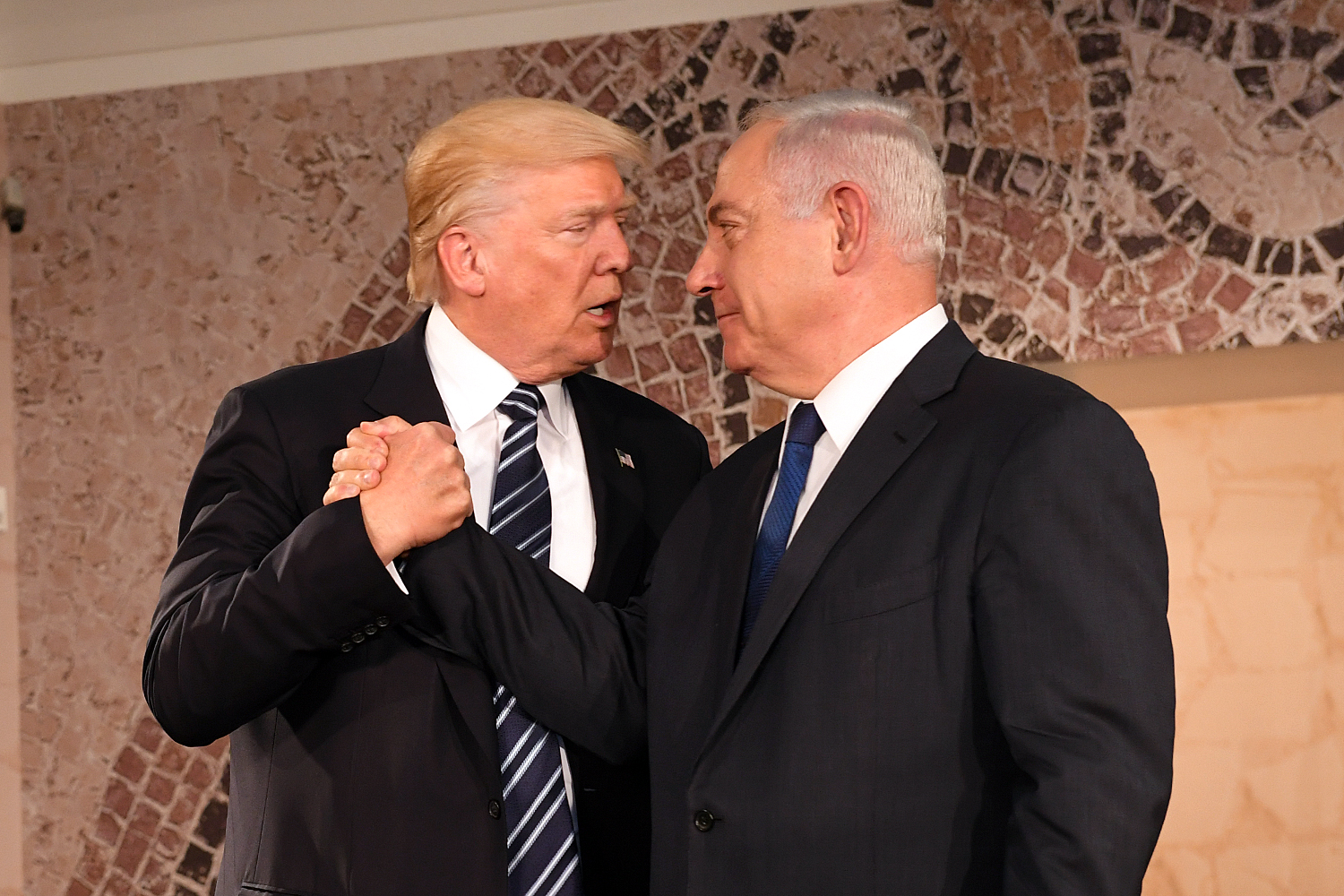A Diplomatic Rift at the G7
The Trump administration has vetoed a G7 initiative aimed at combating Russian sanctions evasion, blocking a proposal that would have created a coordinated international effort to track and seize Russian oil tankers operating outside the Western sanctions regime. The plan, introduced by Canada ahead of a G7 foreign ministers’ meeting in Quebec, sought to crack down on Russia’s “shadow fleet,” a network of vessels used to move Russian crude oil while bypassing Western restrictions. European leaders had pushed for stricter enforcement measures, warning that Russia’s ability to sell oil through illicit channels was helping to sustain its war in Ukraine.
Despite this urgency, the U.S. delegation, following direct orders from the Trump administration, refused to endorse the measure, calling for a “more pragmatic approach” and rejecting any additional restrictions on Russian economic activity. By blocking the proposal, the U.S. has significantly weakened the West’s ability to enforce its own sanctions, allowing Moscow to continue profiting from the global oil trade despite efforts to limit its revenue streams.
Trump’s Shift on Russia: A Green Light for Sanctions Evasion?
The veto marks yet another instance in which Trump’s administration has taken steps that directly benefit Russia’s economy. Since returning to office, Trump has systematically dismantled the pressure campaign against Moscow, softening official statements and avoiding new measures that could restrict Russia’s ability to finance its military. G7 discussions on Russia have become increasingly tense as Trump’s team has pushed for the removal of key language condemning Moscow’s actions. Officials reportedly objected to the use of words like “sanctions” and “Russia’s ability to fund its war,” preferring more neutral phrases such as “economic pressures.” This shift in diplomatic tone reflects a broader reluctance within Trump’s administration to take a hardline stance against the Kremlin.
Beyond the G7, the Trump administration has also obstructed additional financial measures against Russia. European allies have been advocating for further restrictions on Russian banking institutions to curb illicit transactions that fund the war effort, yet U.S. officials have stalled these discussions, preventing any coordinated action. At the United Nations, the U.S. recently shocked its allies by voting against a resolution condemning Russia’s invasion of Ukraine, aligning itself with Moscow and Beijing in a move that further strained relations with NATO partners.
By vetoing the G7 plan to disrupt Russia’s shadow fleet, the U.S. has sent a clear message that it is no longer willing to participate in efforts to limit Russia’s wartime revenue. European officials have expressed deep frustration, with one diplomat describing the decision as a “strategic disaster” that undermines the credibility of Western sanctions altogether.
Europe Scrambles for an Alternative Strategy
With the U.S. refusing to take part in efforts to enforce sanctions, European governments are now seeking alternative ways to restrict Russia’s illicit oil trade. France, Germany, and the United Kingdom have begun exploring independent measures, including the seizure of Russian tankers in the Baltic and North Seas using maritime law, an approach that would rely on environmental violations or piracy statutes to justify confiscations. Additionally, European regulators are considering new insurance policies that would effectively block access to financial services for vessels involved in sanctions evasion.
There are also discussions about forming a separate European-led task force to monitor and disrupt Russian trade routes without U.S. involvement. Such an initiative would require significant coordination and financial backing, but European leaders increasingly recognize that Washington is no longer a reliable partner in restricting Russia’s economy. While these measures could place some limitations on Russia’s ability to export crude oil, they are unlikely to be as effective as a fully coordinated G7 effort. European officials have already warned that without U.S. participation, enforcing the sanctions regime will be significantly more difficult, giving Moscow more room to maneuver.
A Boon for Russia, A Setback for Ukraine
The biggest beneficiary of Trump’s G7 veto is Russia. By preventing further enforcement of oil sanctions, the Trump administration has effectively allowed Moscow to continue generating revenue that is helping sustain its military operations in Ukraine. With fewer restrictions in place, Russia will have greater freedom to evade Western controls, ensuring that the Kremlin can continue financing its war effort for the foreseeable future.
For Ukraine, the consequences are dire. Kyiv has relied on a unified Western response to maintain economic and military pressure on Moscow, but Trump’s refusal to back further sanctions has significantly weakened that strategy. The U.S. decision to block enforcement efforts comes at a time when Ukraine is already struggling with declining military aid and uncertain commitments from its allies. Ukrainian officials have expressed alarm at Washington’s growing reluctance to challenge Russia, warning that if the West allows sanctions enforcement to crumble, it will only embolden Moscow to escalate its military campaign.
The diplomatic divide between Washington and Europe is also growing wider. Trump’s repeated obstructions on sanctions enforcement have forced European leaders to reassess the long-term reliability of the United States as a security partner. Some officials are already warning that Trump’s actions could erode the entire sanctions framework, allowing Russia to recover economically while continuing its aggression against Ukraine.
What Comes Next?
The future of Western pressure on Russia is now in question. With the U.S. actively resisting new sanctions and blocking enforcement measures, Europe must decide whether it can sustain its efforts against Moscow without American cooperation. If Trump continues his current approach, the entire sanctions regime could unravel, giving Russia a path to economic stability despite its ongoing war.
The key questions now are whether European nations can independently enforce Russian sanctions, whether Trump’s administration will further aid Moscow in circumventing restrictions, and how Ukraine can maintain its resistance without full Western support. As Trump continues to distance the U.S. from its allies on the issue of Russia, the geopolitical balance is shifting. The fate of Western unity—and Ukraine’s ability to sustain its fight—now hangs in the balance.
Author
Discover more from The Crustian Daily
Subscribe to get the latest posts sent to your email.













